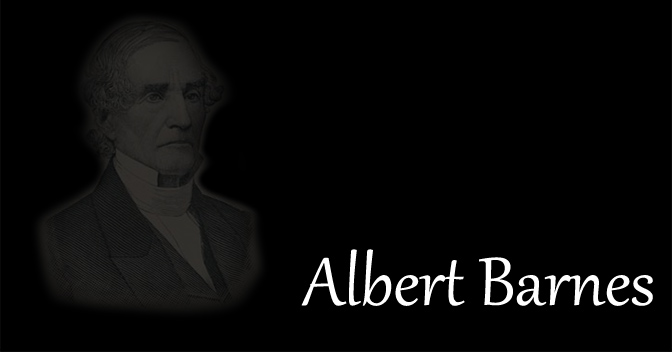I, I am he who blots out your transgressions for my own sake, and I will not remember your sins.
Isaiah 43:25
- That it is God only who can pardon sin. How vain, then, is it for man to attempt it! How wicked for man to claim the prerogative! And yet it is an essential part of the papal system that the Pope and his priests have the power of remitting the penalty of transgression.
- That this is done by God solely for his own sake. It is not (a.) because we have any claim to it; for then it would not be pardon, but justice. It is not (b.) because we have any power to compel God to forgive; for who can contend with him, and how could mere power procure pardon? It is not (c.) because we have any merit; for then also it would be justice, and we have no merit. Nor is it (d.) primarily in order that we may be happy; for our happiness is a matter not worthy to be named, compared with the honour of God. But it is solely for his own sake—to promote his glory—to show his perfections—to evince the greatness of his mercy and compassion—and to show his boundless and eternal love.
- They who are pardoned should live to his glory, and not to themselves. For that they were forgiven, and it should be the grand purpose of their lives so to live as to show forth the goodness, compassion, and love of that merciful Being who has blotted out their sins.
- If men are ever pardoned, they must come to God—and to God alone. They must come, not to justify themselves, but to confess their crimes. And they must come with a willingness that God should pardon them on just such terms as he pleases; at just such a time as he pleases; and solely with a view to the promotion of his own glory. Unless they have this feeling, they never can be forgiven, nor should they be forgiven.
—Albert Barnes
Notes on the Old Testament: Isaiah, 2:124.

Comments are closed